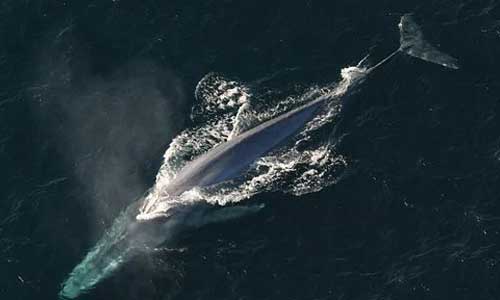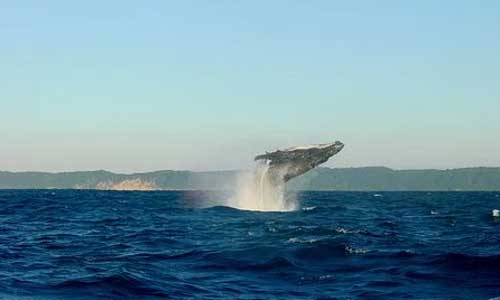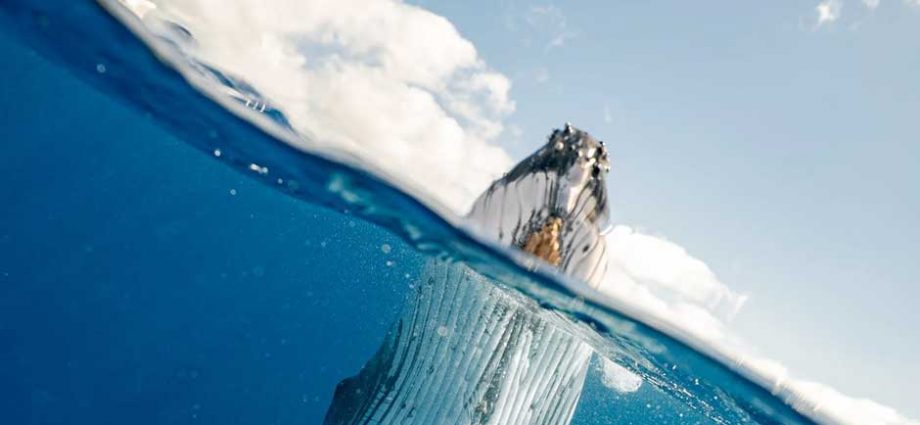Whale watching is a popular tourist attraction in the UK and around the world. Even though thousands of these sightings have been recorded and studied around the world, scientists do not have all the answers yet about phenomena like breeding, breaching, and other behavioural phenomena.
Here are a few questions and answers about whale spotting that will pique the interest of avid marine enthusiasts.
When Is The Best Time of The Year To Spot A Whale?
It may be possible to see whale species all year round. Locations such as Ireland have places where travellers can spot whales and dolphins throughout the year. However, there might be seasonal fluctuations in sightings of certain species along the Irish coast.

Which Can Species of Marine Wildlife Be Observed During Spring and Summer?
Most whale sightings occur around the UK during summer and spring. Most sightings can be observed along the Irish coast, with species of minke whales, harbour porpoises, basking sharks, and even large leatherback turtles.

During Which Season Does The Most Whale Sightings Occur?
Many whale watchers in the UK refer to Autumn and Winter as the ‘’big whale season’’. Tourists and whale watchers can expect to see fin whales, harbour porpoises, and other large whales during this time of the year. Research suggests that whales and dolphins feed on large shoals of fish on the southeast coast.

What Are The Best Whale Spotting Conditions?
The best viewing conditions for spotting a whale breach the surface will be calm, clear days with little or no swell on the surface. If the sea is too rough, the chance is not great of seeing a whale sighting. Check the weather and make sure you have excellent visibility on the day you head out.

Where is The Best Place To Watch Whales in The UK?
There are several places along the coast that can provide opportunities to see whales and dolphins. However, Ireland’s south coast has garnered a reputation for being the best place to watch whales and dolphins in the wild.
For more information about whale watching and marine life conservation, readers can follow the Irish Whale and Dolphin Group.

